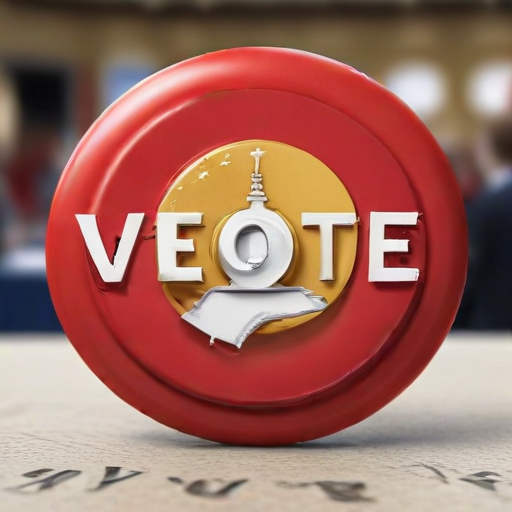Former President Donald Trump has made a significant political comeback by winning a second presidential term, defeating Vice President Kamala Harris. Trump’s victory was solidified by garnering more than the required electoral votes and performing strongly in crucial battleground states such as Pennsylvania, Wisconsin, and Michigan. In Tennessee, he received an impressive 64% of the vote.
This victory is seen as one of the most remarkable comebacks in political history, especially considering the challenges Trump faced, including previous unfounded claims of election fraud during the 2020 election, felony convictions, and two assassination attempts.
Looking ahead, Inauguration Day is scheduled for Monday, January 20, 2025, at the U.S. Capitol in Washington D.C. The swearing-in ceremony will commence at noon, featuring a range of traditional events planned by the Joint Congressional Committee on Inaugural Ceremonies (JCCIC). This includes the ceremonial procession to the Capitol, the swearing-in of both the president and vice president, the inaugural address, and an inaugural luncheon.
Guests at the inauguration can expect an atmosphere filled with celebration and reflection, as this event typically draws notable performers and speakers. Additionally, members of Congress will have a limited number of tickets available to the public for attending the ceremony in person.
Overall, this return to office for Trump is not only a pivotal moment in his political career but also a reminder of the unpredictability of political landscapes and voter sentiments, as well as the enduring interest in the democratic process.
This story illustrates the resilience of political figures and the ever-evolving nature of electoral politics in the United States, sparking hopes for positive change and renewed engagement among the electorate.
